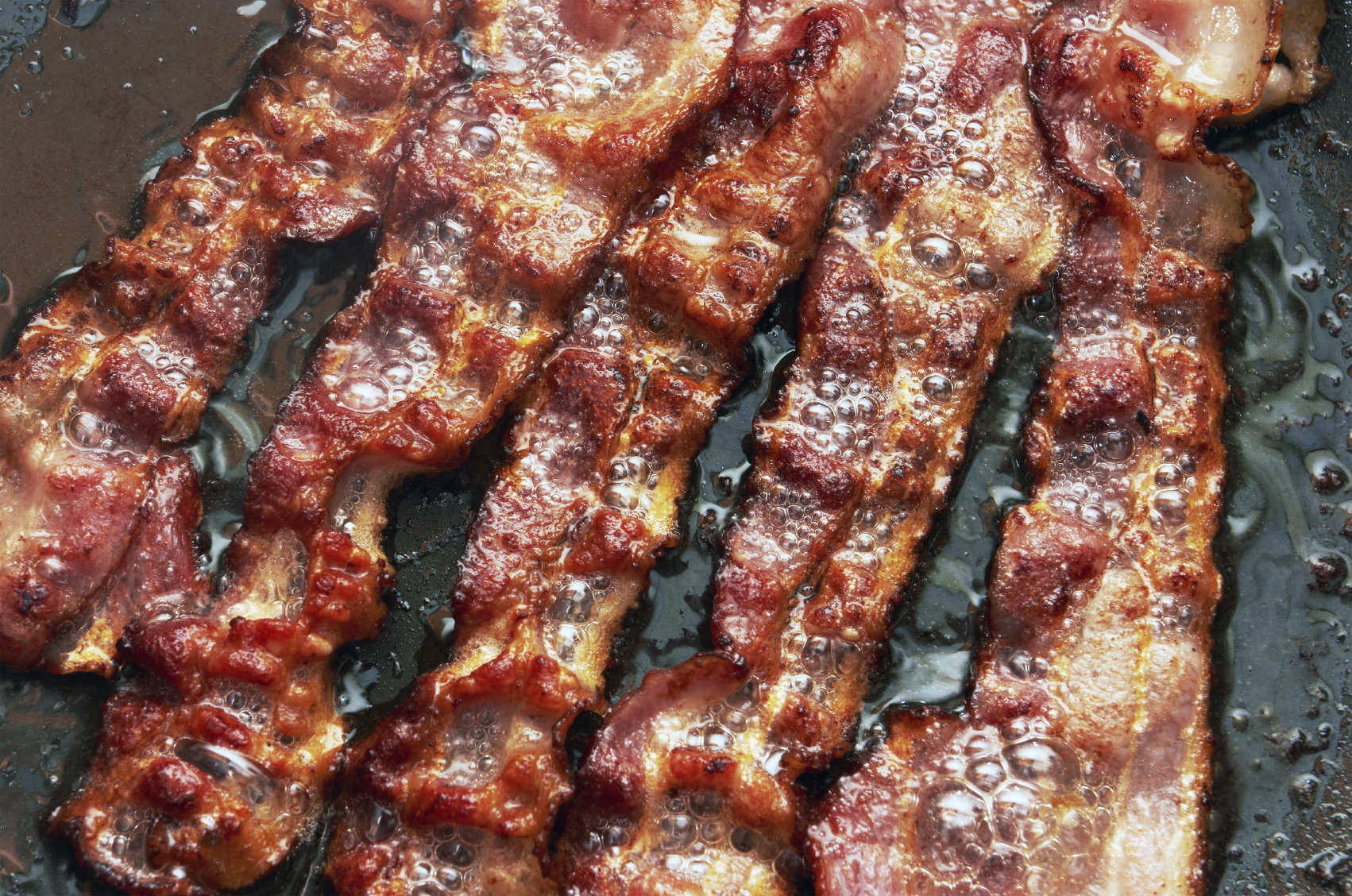Move over, umami: Scientists may have discovered a sixth taste

A free daily email with the biggest news stories of the day – and the best features from TheWeek.com
You are now subscribed
Your newsletter sign-up was successful
For a long time, scientists thought that humans had only four basic tastes: sweet, sour, salty, and bitter. Then, a Japanese scientist discovered a fifth basic taste — umami, an elusive savory and pungent taste that is often associated with truffles, parmesan cheese, and anchovies. And now, scientists believe there may be a sixth basic taste that's been hiding in plenty of foods we've eaten all along — fat.
In a new study, scientists discovered that fat interacts with our taste buds in ways that make it capable of changing the way we perceive a food. Like the five other basic tastes — which The Washington Post explains can be likened to the primary colors in the way they mix and match to create other tastes — the basic taste of fat seems to stand on its own as a taste that doesn't share characteristics with the other basic tastes.
So what exactly does the addition of a new basic taste mean for how we eat and enjoy food? Understanding how fat interacts with the other basic tastes could help the food industry make more inventive combinations of flavors in dishes. In short, "[i]t could make a lot of food taste a lot better," Richard Mattes, lead author of the study, told The Washington Post.
The Week
Escape your echo chamber. Get the facts behind the news, plus analysis from multiple perspectives.

Sign up for The Week's Free Newsletters
From our morning news briefing to a weekly Good News Newsletter, get the best of The Week delivered directly to your inbox.
From our morning news briefing to a weekly Good News Newsletter, get the best of The Week delivered directly to your inbox.
In the same way that a dash of salt or a sprinkle of sugar improves flavor, fat could soon become a taste enhancer, too. Duck fat caramel soy sauce ice cream, anyone?
A free daily email with the biggest news stories of the day – and the best features from TheWeek.com
-
 ‘States that set ambitious climate targets are already feeling the tension’
‘States that set ambitious climate targets are already feeling the tension’Instant Opinion Opinion, comment and editorials of the day
-
 Mixing up mixology: The year ahead in cocktail and bar trends
Mixing up mixology: The year ahead in cocktail and bar trendsthe week recommends It’s hojicha vs. matcha, plus a whole lot more
-
 Labor secretary’s husband barred amid assault probe
Labor secretary’s husband barred amid assault probeSpeed Read Shawn DeRemer, the husband of Labor Secretary Lori Chavez-DeRemer, has been accused of sexual assault
-
 Blue Origin launches Mars probes in NASA debut
Blue Origin launches Mars probes in NASA debutSpeed Read The New Glenn rocket is carrying small twin spacecraft toward Mars as part of NASA’s Escapade mission
-
 Dinosaurs were thriving before asteroid, study finds
Dinosaurs were thriving before asteroid, study findsSpeed Read The dinosaurs would not have gone extinct if not for the asteroid
-
 SpaceX breaks Starship losing streak in 10th test
SpaceX breaks Starship losing streak in 10th testspeed read The Starship rocket's test flight was largely successful, deploying eight dummy satellites during its hour in space
-
 Rabbits with 'horns' sighted across Colorado
Rabbits with 'horns' sighted across Coloradospeed read These creatures are infected with the 'mostly harmless' Shope papilloma virus
-
 Lithium shows promise in Alzheimer's study
Lithium shows promise in Alzheimer's studySpeed Read Potential new treatments could use small amounts of the common metal
-
 Scientists discover cause of massive sea star die-off
Scientists discover cause of massive sea star die-offSpeed Read A bacteria related to cholera has been found responsible for the deaths of more than 5 billion sea stars
-
 'Thriving' ecosystem found 30,000 feet undersea
'Thriving' ecosystem found 30,000 feet underseaSpeed Read Researchers discovered communities of creatures living in frigid, pitch-black waters under high pressure
-
 New York plans first nuclear plant in 36 years
New York plans first nuclear plant in 36 yearsSpeed Read The plant, to be constructed somewhere in upstate New York, will produce enough energy to power a million homes